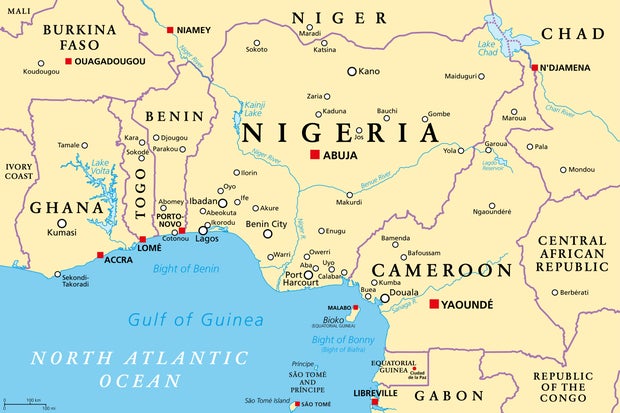Muslim police in Nigeria round up street children to send them to a camp for “rehabilitation”

Kano, Nigeria – Authorities in the north of Nigeria’s largest city have begun removing more than 5,000 street children seen as a “security threat” and a growing concern as economic hardship forces many to fend for themselves. The Hisbah, the regional police tasked with enforcing Islamic Sharia law, have raided car parks, markets and street corners in the regional capital, Kano, since the beginning of the year, abducting children as they sleep.
“So far we have taken 300 boys out of the streets and taken them to a camp provided for rehabilitation,” Hisbah director-general Abba Sufi told AFP. “Their continuing to live on the streets is a great danger to society and security because they may become criminals.”
“They are a ticking bomb that needs to be eliminated quickly and carefully,” said Sufi.
In November, the governor of Kano State, Abba Kabir Yusuf, established a committee to eradicate street children, most of whom are boys. Many sleep in the open and do not have access to education or parental care.
Shashank Bengali/MCT/Tribune News Service/Getty
With the highest divorce rate in Nigeria, according to official statistics, Kano is experiencing an increase in children from broken homes.
Mostly left to fend for themselves, boys roam the city, begging, selling at traffic lights and looking for scrap metal to sell to earn a living.
The west African economic powerhouse is facing its worst economic crisis in decades, with inflation rising to 34.6 percent in November, leaving many struggling to eat.
Nigeria has 18.5 million children who are not educated, and Kano State has 1.9 million, which is the highest rate in the country, according to the United Nations Children’s Fund (UNICEF) in the 2022 study.
The population of Kano accounts for 39% of the total number of children living in the state, says the 2022 Nigeria Multidimensional Poverty study.
Stock/Getty
Officials told AFP that many of the children in Kano city come from neighboring states.
“Some of them are from Kano, while others are from other states,” said Hisbah commander Aminu Daurawa. “The first step is to enter their information and identify where they are coming from.”
Others are sent to the villages to learn to read the Koran in informal Islamic religious schools called almajiri. Residents say many Koranic school students beg for food or help between classes.
Attempts by local authorities and groups to intervene and support the old almajiri system have faced opposition from traditional clergy.
The Hisbah police plan to provide children with “psychological” support and counseling before enrolling those who show interest in the school, Sufi said, adding that others will be given seed money to start a business of their choice.
Daurawa told AFP that children from outside the province will be sent back home after they are rehabilitated.
Previous efforts to remove street children from the city have failed.
Between 2017 and 2018, the Hisbah took out about 26,000 children and reunited them with their parents inside and outside Kano, but they returned to the streets after healing, according to Daurawa.
During the COVID-19 crisis, Kano authorities closed almajiri schools and sent students to their states, only to return when the schools reopened.
“We want to avoid a repeat of what happened in the past, that’s why we changed our practice by camping children and fixing them before we return them to the community,” said Sufi.
Source link



